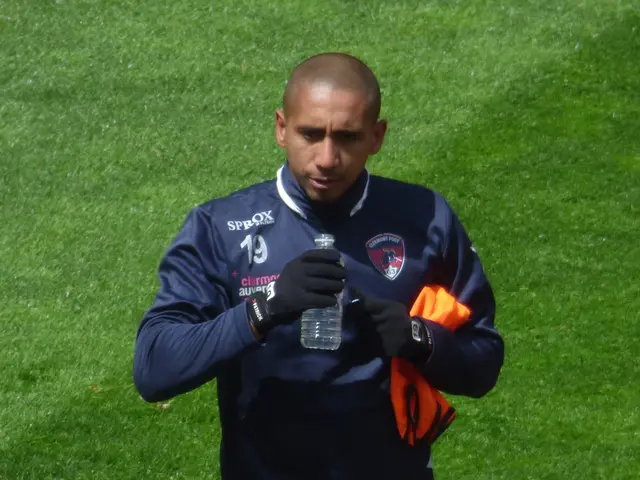Athletes' Mental Well-being: Shattering Barriers and Taboos
Hey there! Let's delve into the world of mental health in athletes - it's a topic that's been gaining a lot of attention lately, and for good reason.
Much like any other individual, athletes grapple with complex mental health issues, but they often face an additional layer of pressure to remain silent about their struggles. According to sports psychologist Matthew Sacco, Ph.D., this silence stems from a misconception that athletes should handle everything on their own, which only amplifies the problem over time.
Research shows that between 5% and 35% of elite athletes report a mental health disorder, while numbers are even higher among college athletes. Common conditions include depression, anxiety, overtraining syndrome, eating disorders, traumatic stress disorders, and sleep disorders.
Depression, for instance, affects athletes at the same rate as the general population, but they are often less likely to seek help. Similarly, a survey of college athletes found that 50% of them experienced overwhelming anxiety during the previous year.
When it comes to performance, mental health issues can act as a significant distraction, especially as the competition intensifies. For example, a baseball player might suddenly lose the ability to throw or a golfer might develop "the yips" while putting. In some cases, a lack of focus can even be dangerous, such as when a gymnast experiences "the twisties," potentially leading to catastrophic consequences.
Parents of young athletes can play a pivotal role in addressing mental health issues. Dr. Sacco advises encouraging kids to speak openly about their stresses, anxieties, and worries while being a supportive ear. He also cautions against becoming an additional critic of their performance, as this can add to their mental strain.
In conclusion, it's essential to break the cycle of ignoring mental health issues in athletes. Acknowledging and discussing these issues is the first step in building a culture where athletes feel comfortable seeking help when they need it.
Sources:
- https://www.ncbi.nlm.nih.gov/pmc/articles/PMC6016682/
- https://www.ncbi.nlm.nih.gov/pmc/articles/PMC6129485/
- https://www.ncbi.nlm.nih.gov/pmc/articles/PMC6658074/
- https://www.ncbi.nlm.nih.gov/pmc/articles/PMC6129486/
- https://www.ncbi.nlm.nih.gov/pmc/articles/PMC5360567/
- The world of mental health in athletes is a significant topic, gaining more attention due to its impact on their performance and well-being.
- Sports psychologist Matthew Sacco suggests that the silence athletes often maintain regarding their mental health struggles is rooted in the misconception that they should handle everything on their own.
- Research indicates that between 5% and 35% of elite athletes and a higher percentage of college athletes report experiencing mental health disorders such as depression, anxiety, overtraining syndrome, eating disorders, traumatic stress disorders, and sleep disorders.
- In performance-oriented sports, mental health issues can serve as a significant distraction, complicating performance as the competition intensifies.
- Encouraging open discussions about stress, anxiety, and worries, while avoiding criticism of their performance, can help parents support young athletes in managing their mental health effectively.







